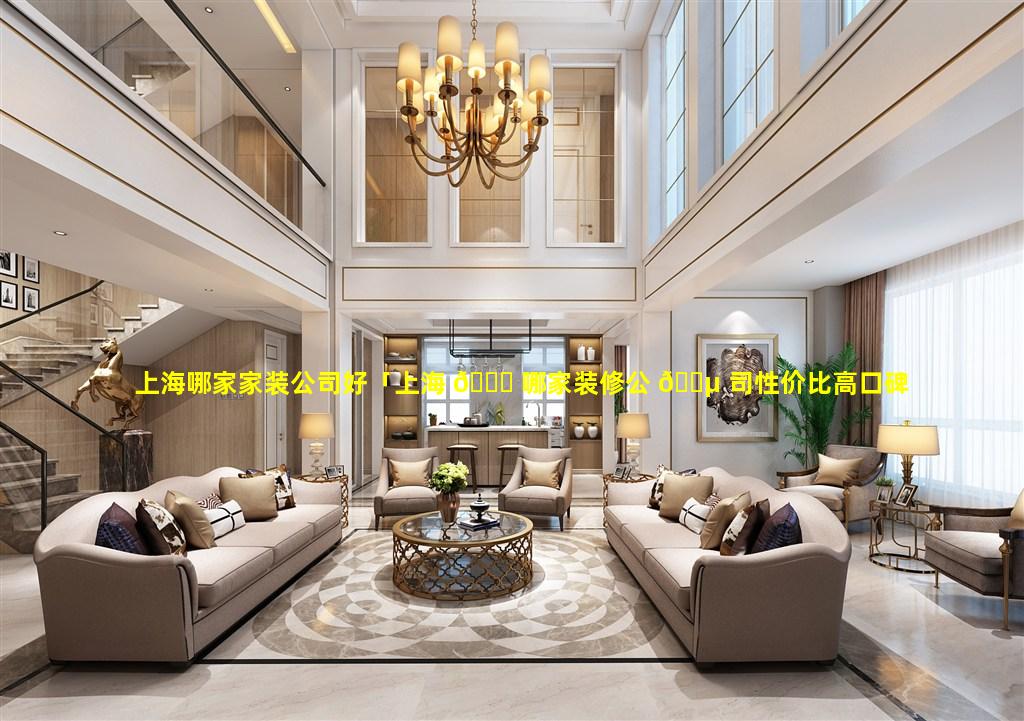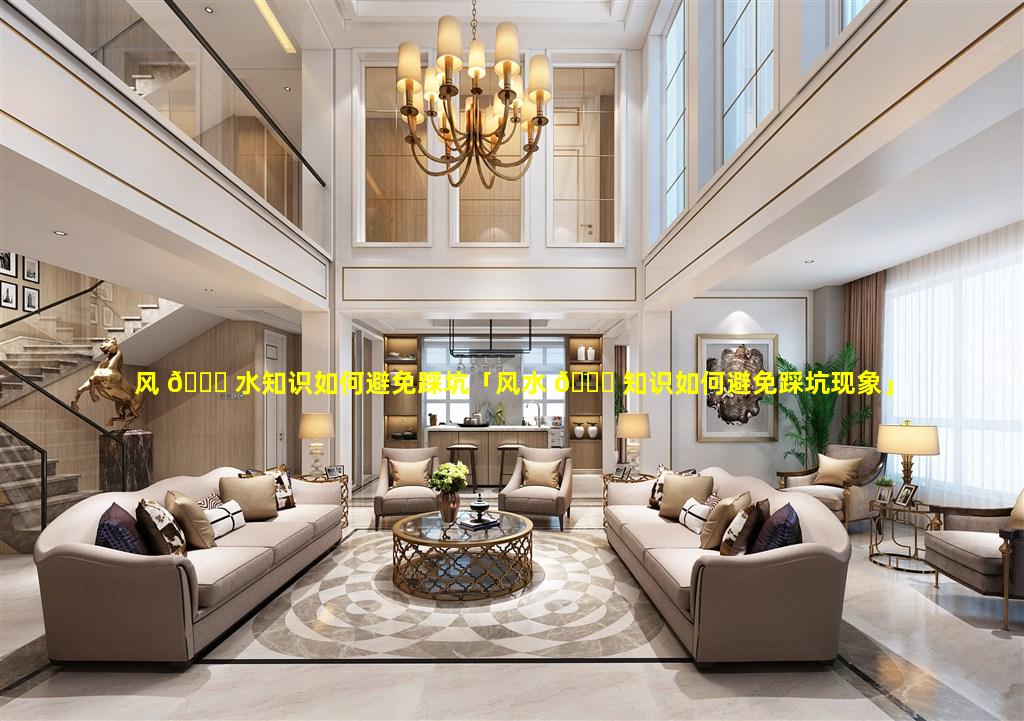1、土巴兔好风景家居网上商城和中 🦁 国 🕷 好风景家居网上商城有什么关系
土巴兔好风景家居网上商城和中国好 🐞 风景家居网上商城是同 🦊 一平 🐘 台。
2022年11月,中 🐶 ,国,好,风景 💮 家居网与土巴兔战略合作共建土巴兔 🐡 好风景家居网上商城整合双方优势资源为用户提供一站式家居建材采购服务。因,此,这。两个网上商城本质上是同一个平台由土巴兔和中国好风景家居网联合运营

2、
[Instructions] Please write a 500+ word response that includes the following information:
Provide a comprehensive analysis of the passage, addressing the following elements:
Discuss the author's purpose for writing the passage.
Explain how the author uses literary elements and techniques to convey that purpose.
Describe the overall structure and organization of the passage.
Evaluate the effectiveness of the passage in achieving its intended purpose.
Provide a close reading of the passage, quoting specific examples and analyzing their significance.
Write a wellorganized and cohesive essay that demonstrates a deep understanding of the passage and its literary devices.
Passage>"The world is too much with us; late and soon,
>Getting and spending, we lay waste our powers;—
>Little we see in Nature that is ours;
>We have given our hearts away, a sordid boon!
>This Sea that bares her bosom to the moon;
>The winds that will be howling at all hours,
>And are upgathered now like sleeping flowers;
>For this, for everything, we are out of tune;
>It moves us not.—Great God! I'd rather be
>A Pagan suckled in a creed outworn;
>So might I, standing on this pleasant lea,
>Have glimpses that would make me less forlorn;
>Have sight of Proteus rising from the sea;
>Or hear old Triton blow his wreathed horn."
Comprehensive Analysis
Author's Purpose
William Wordsworth, the author of the poem, aims to criticize the negative effects of materialism and industrialization on human beings. He laments the loss of connection with nature and the spiritual impoverishment that accompanies the relentless pursuit of wealth and possessions.
Literary Elements and Techniques
Imagery: Wordsworth employs vivid imagery from nature, such as "the Sea that bares her bosom" and "the winds that will be howling," to contrast the beauty of the natural world with the artificiality and soullessness of urban life.
Personification: He personifies nature, giving it human qualities, as seen in "the sleeping flowers" and "old Triton blow[ing] his wreathed horn." This technique animates the natural world and emphasizes its significance and vitality.
Contrast: The poem juxtaposes the wealth and consumption of society with the beauty and simplicity of nature, highlighting the disconnection and imbalance that exists.
Rhetorical Questions: Wordsworth poses rhetorical questions, such as "It moves us not." and "So might I... Have glimpses that would make me less forlorn?," to emphasize the speaker's exasperation and sense of loss.
Structure and Organization
The poem is structured into three stanzas, with each stanza presenting a distinct perspective:
Stanza 1: The speaker introduces the problem of materialism and its negative consequences.
Stanza 2: He expresses his longing for a deeper connection with nature, even if it means abandoning modern society.
Stanza 3: He envisions the spiritual and emotional fulfillment that could be gained from immersing oneself in the natural world.
Effectiveness of the Passage
Wordsworth's poem effectively conveys its intended purpose through its powerful imagery, skillful use of literary devices, and wellorganized structure. The vivid descriptions of nature contrast with the mundane and artificial aspects of modern life, highlighting the imbalance and loss that the speaker laments. The rhetorical questions and the speaker's longing for a more spiritually fulfilling connection with nature evoke a deep sense of empathy and longing in the reader.
Close Reading
Stanza 1:
"The world is too much with us..." introduces the theme of materialism and its negative impact on human beings.
"Getting and spending, we lay waste our powers" suggests that the relentless pursuit of wealth and possessions comes at the expense of our spiritual and emotional wellbeing.
Stanza 2:
"This Sea that bares her bosom to the moon" personifies nature, giving it a nurturing and inviting quality.
"The winds that will be howling at all hours, / And are upgathered now like sleeping flowers" contrasts the energetic and unpredictable nature of the wind with the delicate and peaceful image of flowers.
Stanza 3:
"Great God! I'd rather be / A Pagan suckled in a creed outworn" expresses the speaker's longing for a simpler and more spiritually fulfilling life, even if it means rejecting modern society.
"Have sight of Proteus rising from the sea; / Or hear old Triton blow his wreathed horn" evokes the mythological and imaginative potential that the speaker believes could be unlocked through a deeper connection with nature.
Conclusion
Wordsworth's poem is a powerful and moving indictment of the negative effects of materialism and industrialization on human beings. Through his vivid imagery, skillful use of literary devices, and wellorganized structure, he conveys a深刻的 🐳 sense of loss and longing for a deeper connection with the natural world. The poem effectively achieves its intended purpose of highlighting the importance of appreciating the beauty and spirituality of nature and lamenting the ways in which modern society disconnects us from it.







